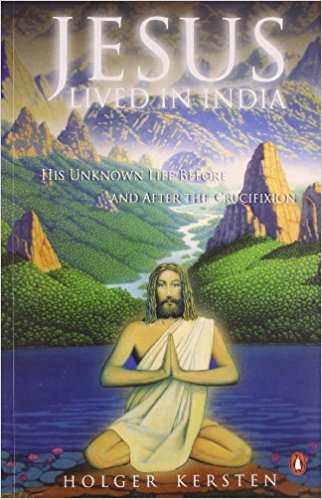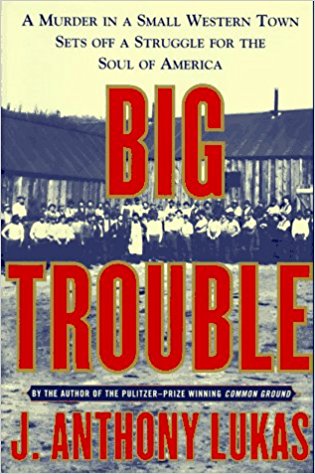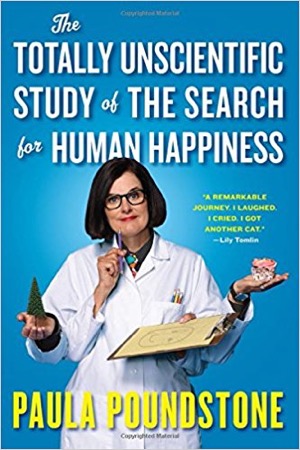May 2018
Jesus Lived in India
19/05/18 19:06
Holger Kersten, Jesus Lived in India: His Unknown Life Before and After the Crucifixion (London: Penguin), 2001.

Based on some theological similarities between Buddhism and Christianity, some rather questionable analyses of words that sound similar or are similar when translated into English, and a whole lot of speculation, this book certainly is anything but a proof. It is a bit of wild speculation at best. The book claims to be the result of years of investigative research and claims to present irrefutable evidence. It falls short of both marks. The simple fact that Kersten can cite no other scholars who share his conclusions ought to be a bit of a sign to sensible readers. If his version of the story is irrefutably true, why is he the only one who holds that theory?
Were it not for the simple fact that a friend asked me to read the book and react to it, I'm sure I would have never finished it. I certainly wouldn't recommend that any of my friends even start to read it.
Big Trouble
19/05/18 18:42
J. Anthony Lukas, Big Trouble: A Murder in a Small Western Town Sets off a Struggle for the Soul of America (New York: Simon and Schuster), 1997.

Lucas goes into the details of the arrest and extradition, the personalities of the lawyers, the influence of the President of the United States and much more. He even makes a connection with baseball, theatre and more. It is a thoroughly riveting book.
Shortly after completing the book Lucas died, tragically, as the result of suicide. It has been rumored that part of his depression had to do with a sense of failure over the book. Having won the Pulitzer Prize for his book "Common Ground," he may have set impossible expectations for himself. There is absolutely nothing about this book that should have made him feel anything less than enormously accomplished. Among the tragedies of his suicide is that we will not see another similar work from his pen. And that is sad because what he did write is monumental.
The Totally Unscientific Study of the Search for Human Happiness
19/05/18 18:30
Paula Poundstone, the Totally Unscientific Study fo the Search for Human Happiness (Chapel Hill, NC: Algonquin Books), 2017.

The result is a very funny book that is a joy to read. I'm pretty sure that it would be even better in Paula's voice. I suspect that the audiobook would be even better than reading the book. Nonetheless, I'm glad I bought it. It gives bit of insight into the single mother who works hard to support her family and keep up with so many pets that I'm sure I can't name them all, but there are dozens of cats and a lizard as well. I think there is bunny, too.
This is a great read for a few days of leisure when you can just relax, laugh, and read sections of the book outlaid to family members.